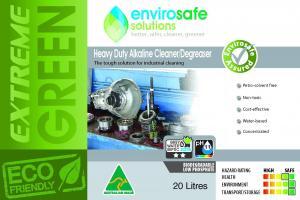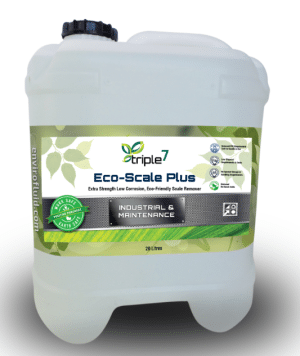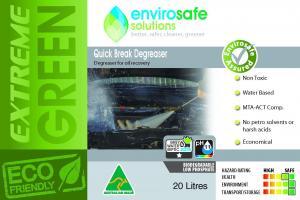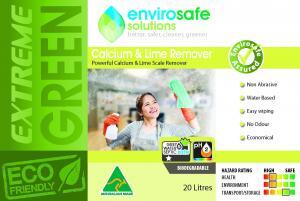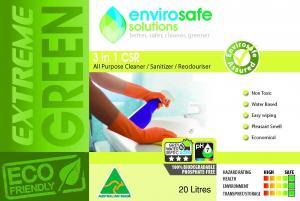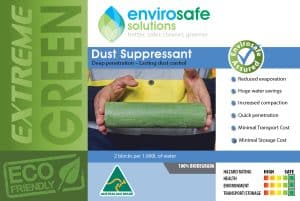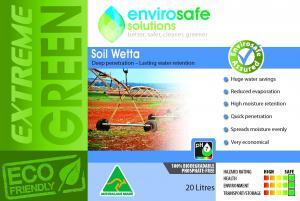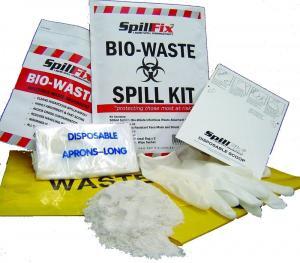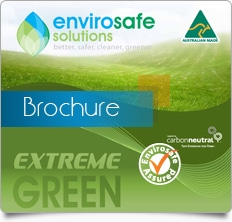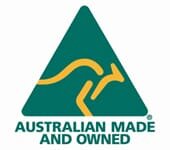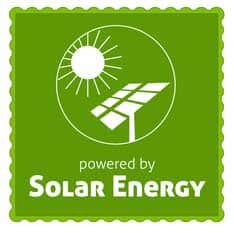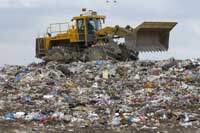 Whether it’s using food scraps to power a jet aircraft or old pipes to make modern furniture, innovative recycling initiatives are becoming an integral part of industrial waste management. Forward-thinking solutions are being employed across the globe as the demands of industry grow, consuming mountains of resources while leaving a heavy trail of rubbish behind. Effective waste management includes making the switch to eco-friendly industrial liquid products from environmental cleaning companies such as Perth-based Envirosafe Solutions. Today we look at waste management strategies crucial to sustainable industry.
Whether it’s using food scraps to power a jet aircraft or old pipes to make modern furniture, innovative recycling initiatives are becoming an integral part of industrial waste management. Forward-thinking solutions are being employed across the globe as the demands of industry grow, consuming mountains of resources while leaving a heavy trail of rubbish behind. Effective waste management includes making the switch to eco-friendly industrial liquid products from environmental cleaning companies such as Perth-based Envirosafe Solutions. Today we look at waste management strategies crucial to sustainable industry.
Australian airline Qantas has landed a deal to create bio jet fuel for its fleet by recycling food scraps and industrial waste. The airline announced the joint venture with US biofuel producer Solena in early 2011.
The plant, earmarked for Sydney, will produce fuel from waste materials including food scraps, green cuttings, industrial and agricultural waste. It follows a similar project by British Airways in London. The British venture has a proposed 2014 completion date, and will convert up to 500,000 tonnes of waste into 73 million litres of biofuel a year.
Such initiatives have been welcomed by Government and environmental groups which have been working to address the management of industrial waste – a major component of the waste stream.
Environmental Protection Authority (EPA) has developed guidelines for industry to minimise the total waste produced and also the toxicity levels of waste. These include:
- Choose products that produce less waste
- Reduce reliance on hazardous materials
- Use technology to reduce the reliance on chemicals, products
- Take a careful product inventory to prevent surplus stock
Giving used products a new life
Recycling can involve returning waste material to its original state, such as recycling paper to make more paper, or using waste to create new products, such as bio jet fuel from green clippings, or on-selling waste materials. There has been no end to the creative solutions industry has found for its waste products, such as producing colouring pencils from plastic vending cups.
According to the Australian Bureau of Statistics (ABS) Australians generated 32.4 million tonnes of solid waste in 2002-03, of which 27% was from municipal sources including household waste, 29% from commercial and industrial sectors and 42% from construction and demolition industries.
Cleaning up production
EPA guidelines strongly promote using ‘clean production’, a term coined by the United Nations Environment Program more than two decades. It refers to the “continuous applications of an integrated preventative environmental strategy applied to processes, products, and services to increase overall efficiency and reduce risks to humans and the environment”. Put simply, it is far simpler to use an eco-friendly industrial liquid in the first place than to try to clean up landfill or wastewater contaminated by chemical pollutants.
Envirosafe Solutions range of environmental cleaning products include insect and tar remover, solvent-free degreaser, porta-loo treatment, glass cleaner, rubber remover, rust converter and rust remover. Their comprehensive range has been designed from primarily natural ingredients with a low toxicity rating. Switching to less toxic products allows industry to reduce its environmental footprint and join the ‘green revolution’.
The use of eco-friendly liquid products form part of an effective waste management strategy for any business. Envirosafe Solutions provide eco-friendly liquid products for a comprehensive range of industrial applications. For more information phone 1300 88 90 70 or email info@evss.com.au.
Sources:
http://www.environment.tas.gov.au/index.aspx?base=380
http://www.aussierenewables.com.au/news/?p=1692
http://www.theaustralian.com.au/business/aviation/qantas-may-build-a-jet-biofuel-plant-in-sydney/story-e6frg95x-1225980966060
http://www.therecycletimes.com/2011/01/food-scraps-grass-to-produce-biojet-fuel-for-qantas/









